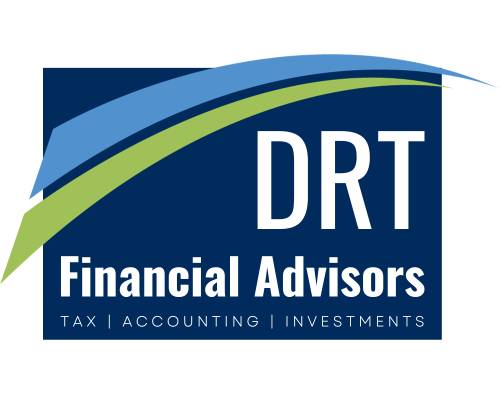 If you’re over 40, chances are you’ve been thinking about retirement – at least, how you’ll fund it. Much more than a pension or 401k make up retirement benefits. Adequately funding your golden years likely will be a combined result of sound investing in a diversified portfolio over a significant time period and insurance benefits.
If you’re over 40, chances are you’ve been thinking about retirement – at least, how you’ll fund it. Much more than a pension or 401k make up retirement benefits. Adequately funding your golden years likely will be a combined result of sound investing in a diversified portfolio over a significant time period and insurance benefits.
Here’s an overview of a few strategies we recommend to Dreggors, Rigsby & Teal, P.A. clients as they plan retirement outcomes that will allow them to continue with their current lifestyle, or help them understand how to adjust it to meet their goals. Everyone’s situation is different, but we offer you these key points to get the ball rolling as you determine what income strategies will work best for you and your loved ones to ensure their comfortable future.
Understand what you need in your retirement plan to take care of you and your primary beneficiary.
“How much will I need to retire?” It’s one of the first questions we ask. And, of course, the answers vary.
In 1994, a retirement investor named Bill Bengen established the “4% rule” that has largely stood the test of time. The essential tenant of the formula is that you would be at low risk of running out of money if you stashed away enough retirement income to allow you to withdraw 4% of it for 30 years. (The first year would be a flat 4%, with subsequent years representing an inflation-adjusted amount.)
While there’s no one-size-fits-all formula for retirement savings, a steady investment over a significant period of time is the gold standard. Contact your investment advisor about your goals and your risk tolerance.
Buy sufficient life insurance as early as possible. As a rule, it’s best to purchase life insurance when you’re younger and healthy. It makes sense that as we get older, life insurance companies view older potential policyholders as greater risks, and those risks are met with higher premiums. The younger you are when you secure the policy, the more affordable it will be. But no matter your age, if you need life insurance — and it will help financially secure the future for your spouse and dependents — you will find it to be worth the investment. A few factors that affect life insurance policies and rates include: 1) your health at the time of the policy purchase; 2) your age when you apply for coverage; 3) how healthy your lifestyle is upon policy purchase; 4) how high-risk your occupation is; and 5) the type of policy you secure, such as a “term” or “cash-value” policy.
Explore the benefits and risks of long-term care insurance. Long-term care insurance covers the essential activities of daily living, including getting around the house, dressing, bathing and eating. These activities typically are provided in a nursing home environment, and are usually needed as a result of a chronic medical condition. The Department of Health has stated that 43% of Americans over the age of 65 will require long-term care in their lifetimes. And, it will come at a cost. Some long-term care professionals have estimated that by 2030 the average cost of a nursing home residency will be nearly $200,000 a year.
Of course, none of us can predict the future, and acquiring long-term care insurance is a strategy that may never need to be employed. But, for those who can accommodate the premiums, the return on investment may be increased independence, better care options and greater peace of mind.
And here’s another note about beneficiaries: Do you need to update yours? If you’ve had a family change (divorce, death of spouse, new child, etc.), you’ll want to be sure to update your legal and financial documents to reflect your new situation and update the names of your beneficiaries. Typically, only policy owners can change beneficiaries. However, in the case that a beneficiary was named as an “irrevocable beneficiary,” both the beneficiary’s signature and the policy owner’s signatures are required.
Be sure to understand how your assets will be dispersed upon your death. If you have not named a beneficiary to your estate, your benefits may be directed to the estate itself, and the assets would go through probate. Alternatively, some policies choose the beneficiary for you if you don’t name one.
We all want to ensure our loved ones are cared for in the later years of their lives. While there are several sound approaches to making this dream a reality, nothing replaces speaking to your financial advisor– so make the call today and start strategizing!
Dreggors, Rigsby & Teal, P.A. offers these financial services, and invites you for a free consultation to get the conversation started. Simply call Ron or Kevin to make an appointment at 386-734-9441. It’s the first step to ensuring you’ll love your golden years, and have greater peace of mind while you travel there.

0 Comments